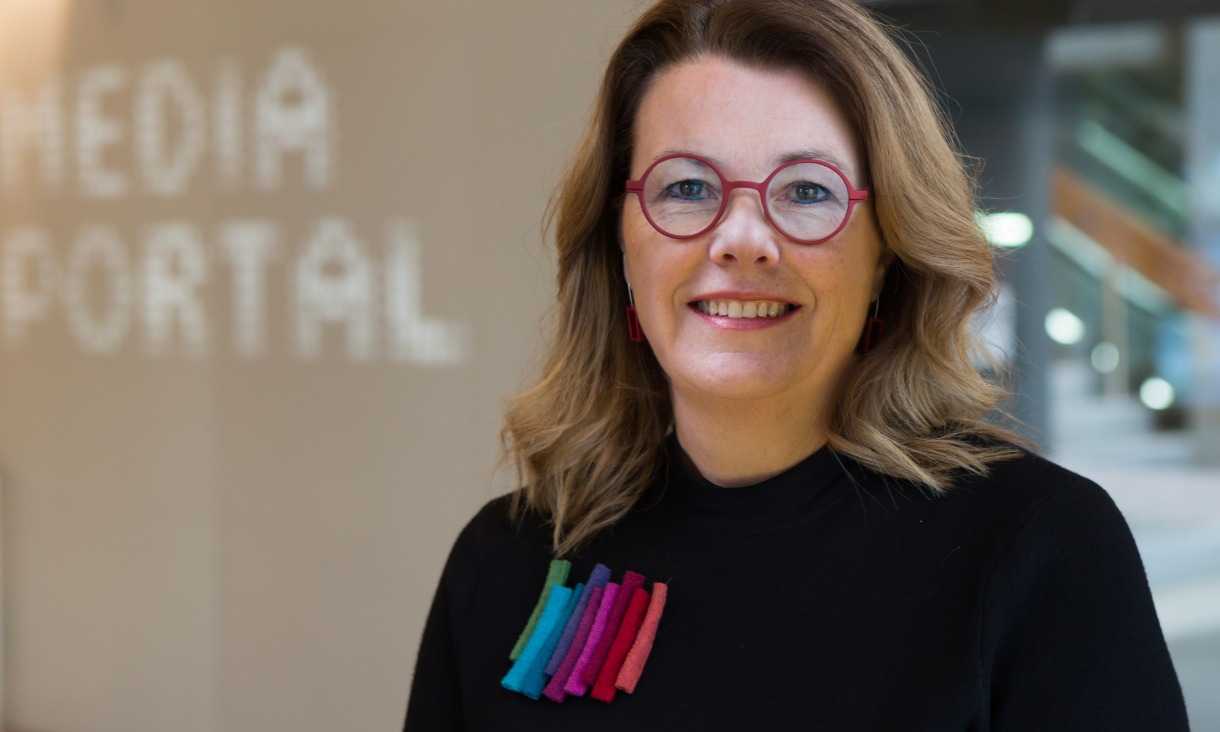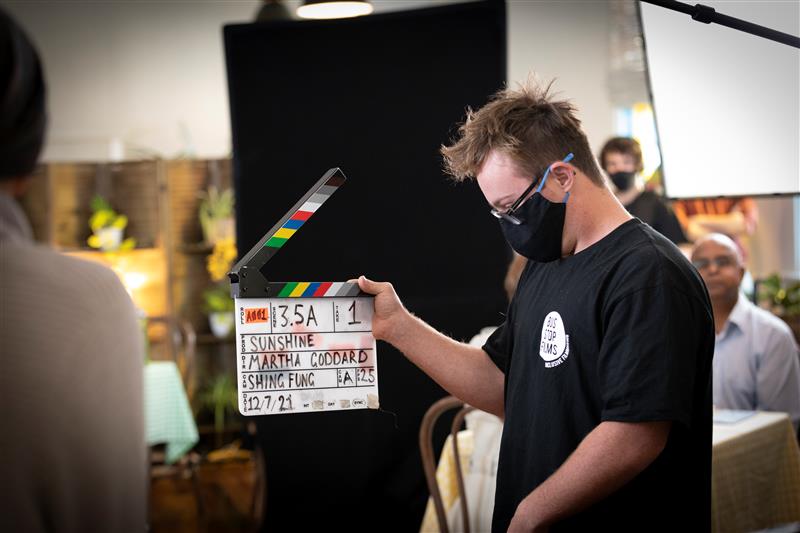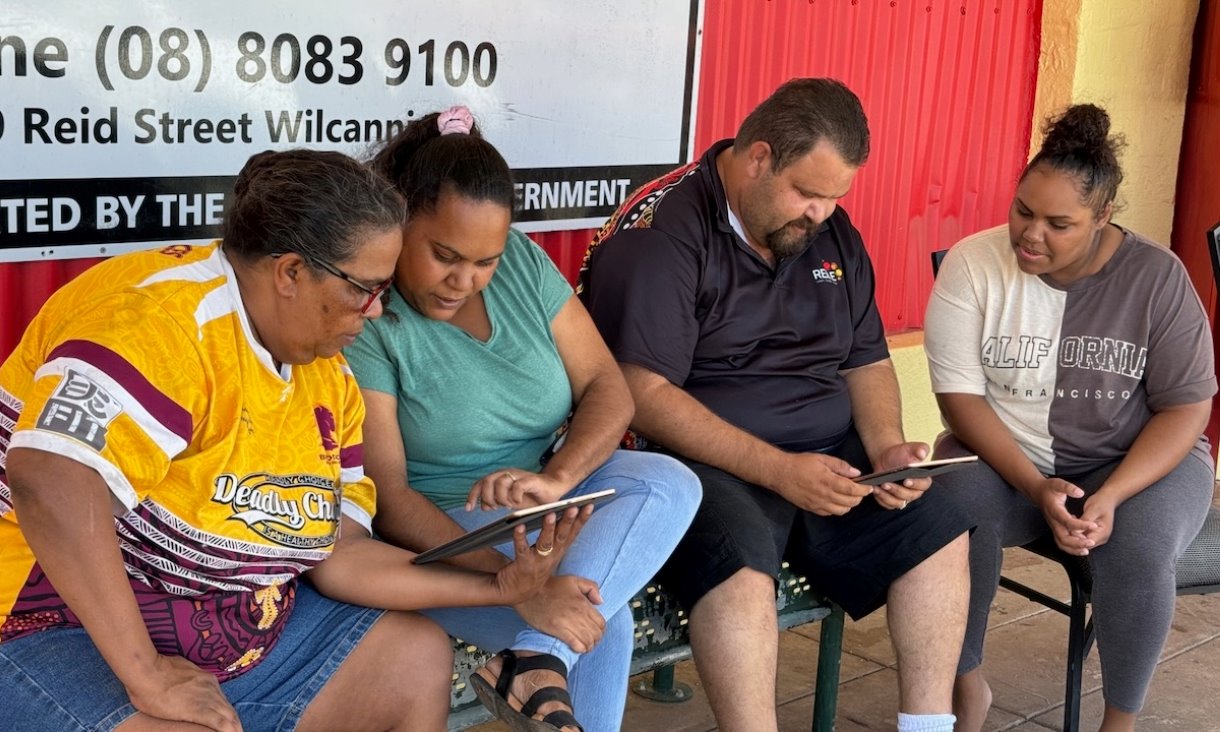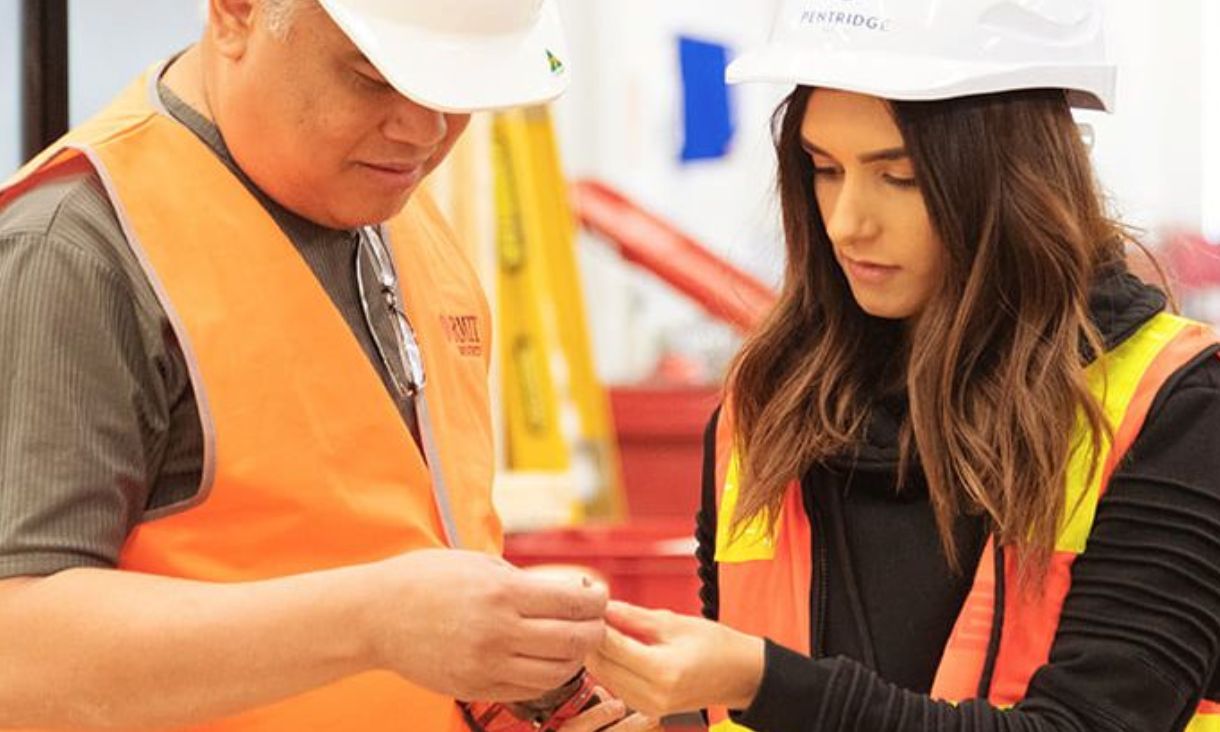
Accessible Film Studies Program coming to RMIT
An award-winning film program for people living with disability will be delivered in partnership with RMIT.
Bus Stop Films has announced that young adults with a disability living in Melbourne can enrol in its award-winning Accessible Film Studies Program from 1 November.
Led by passionate filmmakers and industry experts, the 40-week program gives students the opportunity to visit film production companies, work with professional filmmakers and learn both theoretical and practical approaches.
Professor Lisa French, Dean of the School of Media and Communication, said the partnership with Bus Stop Films would provide a new way for young people to enter the industry and share their stories and ideas.
“We’re thrilled to be joining forces with Bus Stop Films, which gives students an incredible opportunity.
“RMIT and the School of Media and Communication are committed to inclusion and innovation, and Bus Stop Films nurtures creatives who might have been left out of the mix due to a lack of training opportunities," French said.
“To support the best possible outcomes for our screen industry, it is essential that it draws on all the available perspectives and talent—and this program brings that talent into the mix.”
 Professor Lisa French, Dean of the School of Media and Communication
Professor Lisa French, Dean of the School of Media and Communication
Bus Stop Films has produced close to 50 films that have won more than 80 awards and reached audiences of more than 45 million people worldwide.
The not-for-profit organisation aims to generate genuine work opportunities for those from under-represented groups in the film industry, and advocate for a more inclusive film industry and society at large.
CEO of Bus Stop Films Tracey Corbin-Matchett said she was thrilled the organisation was expanding into Melbourne and joining the dynamic local screen industry.
“We are grateful to have the support of RMIT University to deliver creative opportunities for people living with disability in filmmaking.”
“Bus Stop Films is at the forefront of shaping culture and societal views through the power of storytelling, and through our programs we can support people with living with disabilities to have the platform to tell their stories, their way,” Corbin said.

The program also helps to improve students’ literacy and social engagement, enhancing their employability and confidence. Fees can be paid through a student’s NDIS package.
Bus Stop Films is offering a free series of taster workshops at RMIT every Saturday from 27 November to 11 December. The two-hour sessions will offer potential students, their families and their carers insights into the learning experience. COVID-safe practices will be in place.
For more information and to register, visit www.busstopfilms.com.au/programs/
Story: Karen Phelan
- Equality, Diversity & Inclusion
- Media & Communication
Related News
Taking the UNIQLO experience to the next level: RMIT students pitch ideas to clothing giant
Last semester, 80 RMIT Impact Academy students in the College of Business and Law were challenged by UNIQLO with an industry-embedded business project in the semester’s Impact Academy course.
Funding of $6 million to support RMIT research to measure First Nations digital inclusion
The announcement is part of the Australian Government’s plan to invest $68 million to narrow the digital gap by supporting more First Nations communities to access the internet.
Transforming construction health and safety with SHINe
RMIT has launched the Safety and Health Innovation Network (SHINe), an industry-led collaborative research funding model to identify and tackle problems across the construction industry.
World-first green hydrogen innovation wins prestigious Climate Innovation Challenge
South East Water and RMIT University's ground-breaking method for producing green hydrogen from solar energy and recycled water has won the 2024 Water Minister’s Climate Innovation Challenge.
Acknowledgement of Country
RMIT University acknowledges the people of the Woi wurrung and Boon wurrung language groups of the eastern Kulin Nation on whose unceded lands we conduct the business of the University. RMIT University respectfully acknowledges their Ancestors and Elders, past and present. RMIT also acknowledges the Traditional Custodians and their Ancestors of the lands and waters across Australia where we conduct our business - Artwork 'Sentient' by Hollie Johnson, Gunaikurnai and Monero Ngarigo.



.jpg)